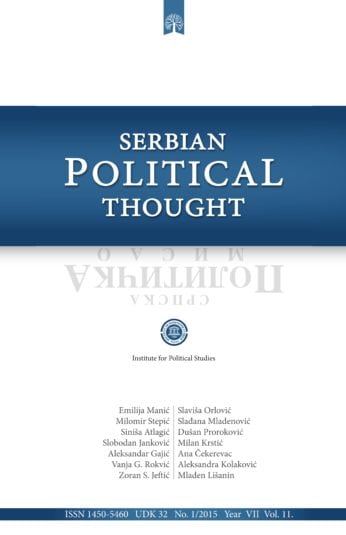The 2016 Presidential Election in the United States and the Resurgence of “American Nationalism” in Foreign Policy Decision-making
The author analyzes the resurgence of “American Nationalism” in the context of Donald Trump’s electoral victory in November 2016. He argues that elections of 2016 have underscored that the United States may be charting a course in which it increasingly . . .
Reflections on the 2016 U.S. Presidential Election
Few polls or pundits predicted Donald Trump’s victory over Hillary Clinton. Trump won anyway, or at least he won the electoral vote, despite polling more than two million fewer votes than Clinton in the nationwide popular vote. Trump won because he appealed . . .
The Economic Consequences of Mr. Trump
The paper analyzes Trump’s economic program. The overall impression is that this program echoes what has already been tried out during the Reagan era. In its philosophy it is reminiscent of Reagan’s “supply side” economics with its three major features: . . .
Donald Trump’s 2016 Presidential Campaign in the Light of the U.S. Foreign Policy Traditions
This paper aims to classify foreign policy attitudes and stances of Donald Trump in his 2016 presidential campaign according to the U.S. foreign policy traditions. In the first part of the paper, we analyze speeches of Donald Trump since the moment he became . . .
US Presidential Election 2016: How Trump Beat Demographics
The United States presidential election, the most important political election in the world, resulted in Donald Trump’s victory. This year’s election was, for many reasons, historical. For the first time ever, one of the major parties’ candidates was . . .
The Past, Present and Future of the U.S. Electoral College
Author aims to explain the institutional framework of the United States presidential election. One of the unique features of American political system is the Electoral College – an indirect mechanism of voting in which the citizens’ votes are aggregated . . .
What Is the Obama Doctrine, and Has There Ever Been One?
. . .



